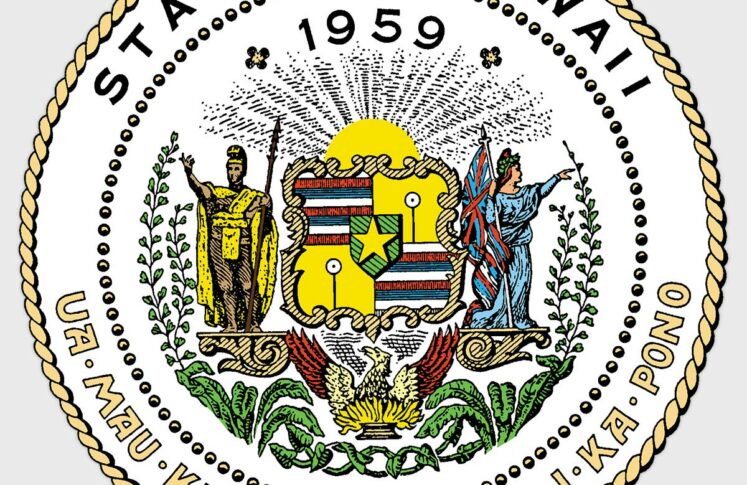- Casino News
- USA News
Brazil’s Betting Industry Grapples with High Taxes


ESPN Enter DC Market
As Brazil celebrates the launch of its newly regulated betting market, industry stakeholders are raising red flags over significant tax concerns. The financial burden on operators and potential retroactive tax liabilities for players could stifle growth in what is expected to be one of the world’s largest betting markets.
The New Year Developments
On January 1, Brazil officially opened its doors to a regulated betting market, imposing a 12% tax on gross gaming revenue (GGR) for operators and a 15% tax on player winnings exceeding BRL2,824 (approximately $547). While these rates aim to generate significant revenue for the government, operators and analysts warn they could deter investment and push consumers toward unregulated alternatives. Fixed-odds betting has also been added to Brazil’s tax reform, with a consumption tax—dubbed the “sin tax”—set to take effect in 2026. The exact rate for this additional tax remains undecided, but industry leaders are urging the government to strike a balance to avoid unintended consequences.
A major source of anxiety stems from the possibility of back taxes for grey market betting operations conducted prior to regulation. Brazil’s Secretariat of Prizes and Bets (SPA) has partnered with the Federal Revenue Service (RFB) to ensure compliance with new tax rules. However, this collaboration has raised fears that operators and even players could be held accountable for unpaid taxes during the five-year gap between initial legislation approval in 2018 and full market regulation in 2023. Tax attorney Luiz Felipe Maia warns that operators could be asked to provide historical data on winnings, potentially leading to retroactive tax claims. “If they decide to go after players, they may request from the operators the list of all prizes paid in the last five years. That could generate a lot of noise and problems for the industry,” Maia stated.
Some operators, such as local company Rei do Pitaco, avoided the grey market entirely by focusing solely on fantasy sports until the market’s formal launch. Chief Legal Officer Rafael Marchetti Marcondes explained that this conservative approach has shielded the company from potential back taxes, unlike competitors that operated offshore. “We decided not to go offshore and just work in the daily fantasy industry,” Marcondes said. “For the industry, there may be difficult moments because everybody will be in a new regulated market with several challenges.”
Marcondes also emphasized the dangers of excessive taxation, drawing comparisons with European markets like France and Portugal, where high tax rates have driven bettors to illegal operators. “International experience shows that when taxes are too high, it pushes people into the black market,” he noted. “This hurts not only the industry but also the government, devaluing official licenses.”
Ongoing legal battles are further shaping the Brazilian betting market. The Federal Supreme Court (STF) is expected to rule in 2025 on whether the country’s betting laws are constitutional. Meanwhile, the government’s dispute with the Rio de Janeiro State Lottery (Loterj) over national licensing rights has seen preliminary rulings favoring federal regulation, signaling potential stability for the industry. Marcondes believes these court cases, while contentious, are helping the sector mature. “These discussions are speeding up the market’s development and providing clarity for both foreign investors and local entrepreneurs,” he said.
International experience shows that when taxes are too high, it pushes people into the black market. This hurts not only the industry but also the government, devaluing official licenses.
Conclusion
While Brazil’s regulated betting market holds immense potential, the sector faces significant challenges in navigating tax policies and legal uncertainties. Striking a balance between taxation, regulation, and market incentives will be key to fostering growth while ensuring compliance. Without careful management, the industry risks losing ground to the very grey market it seeks to replace.







